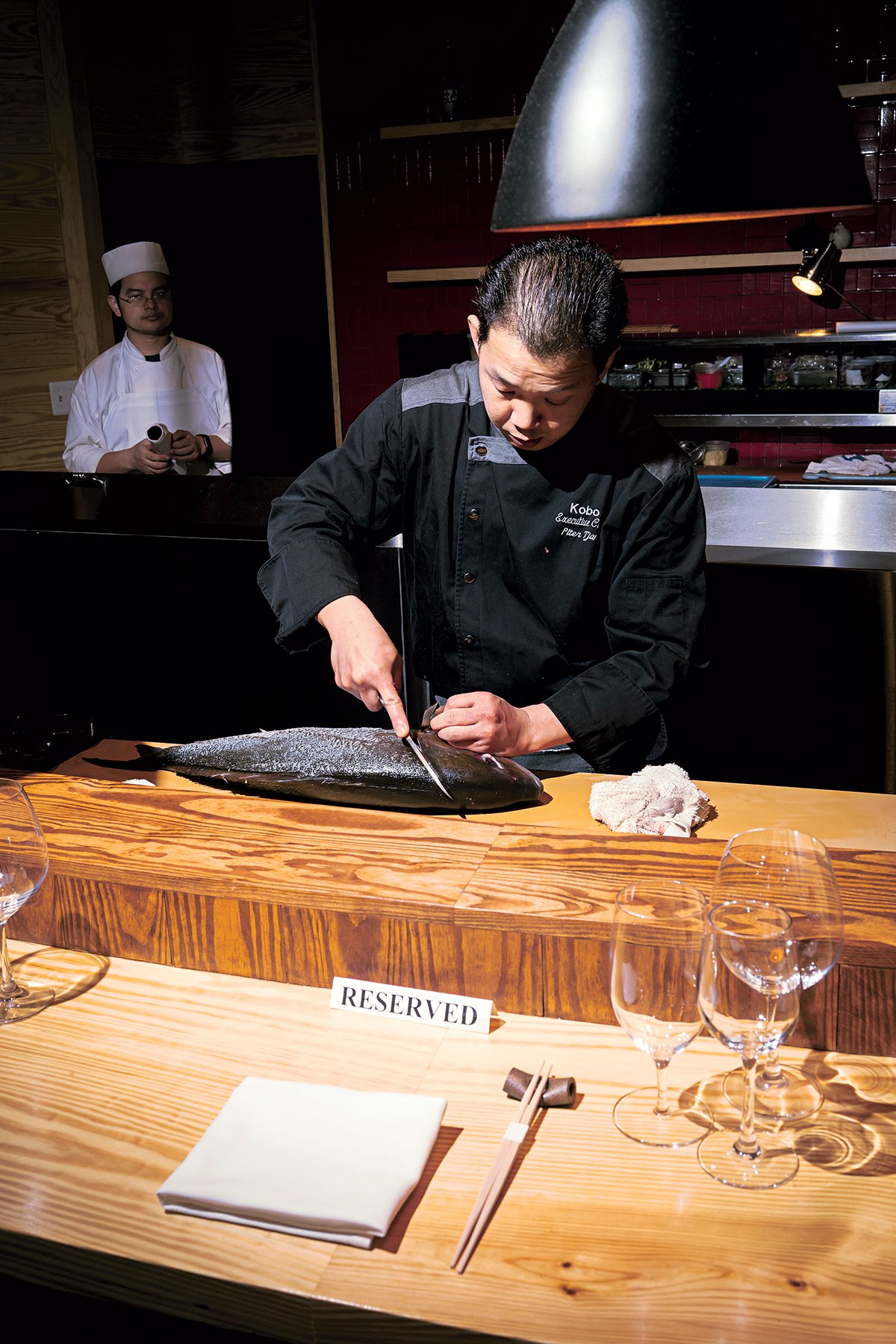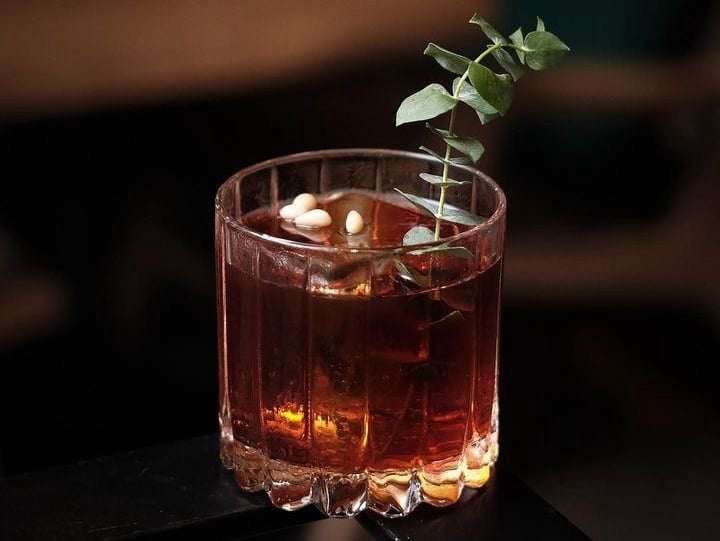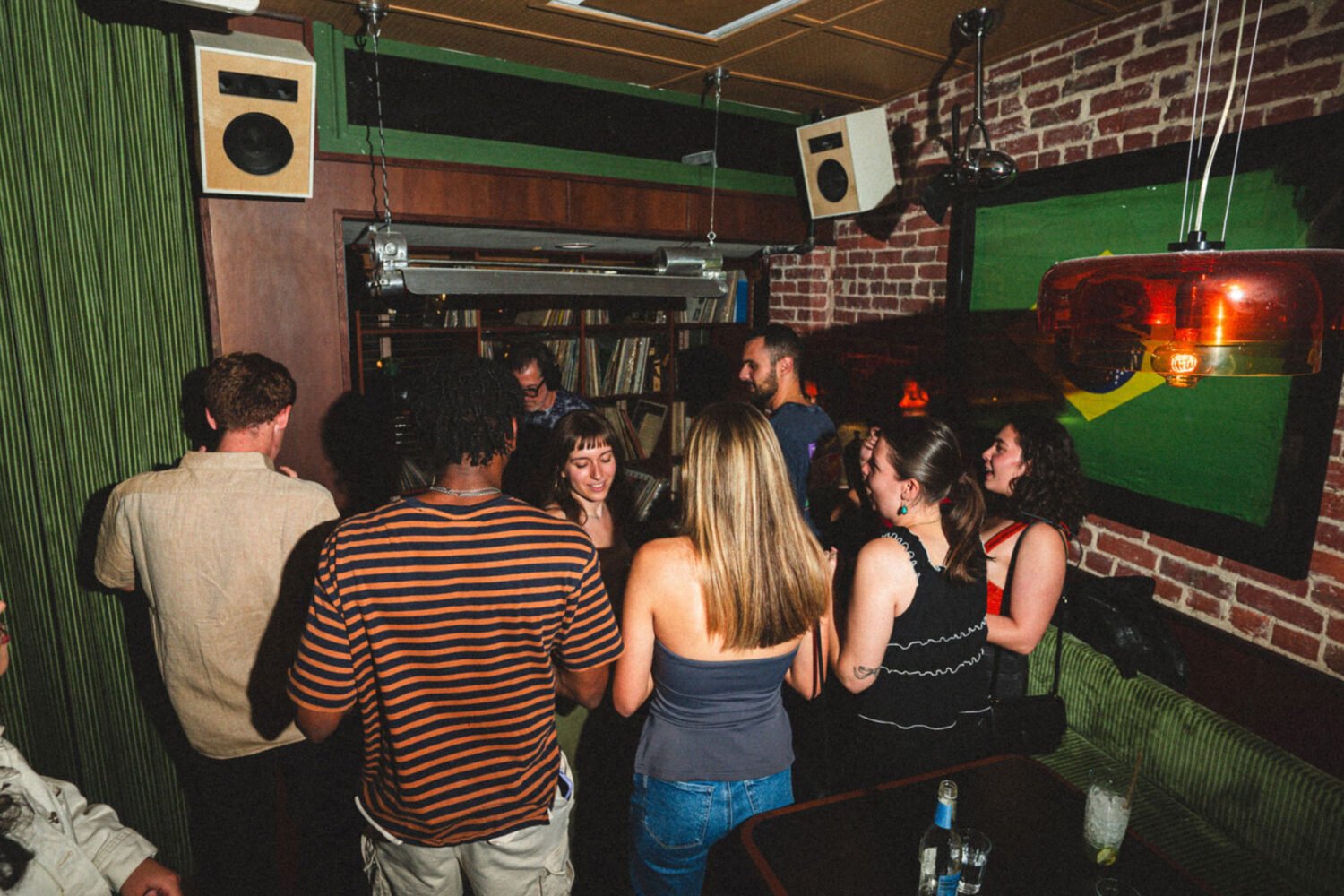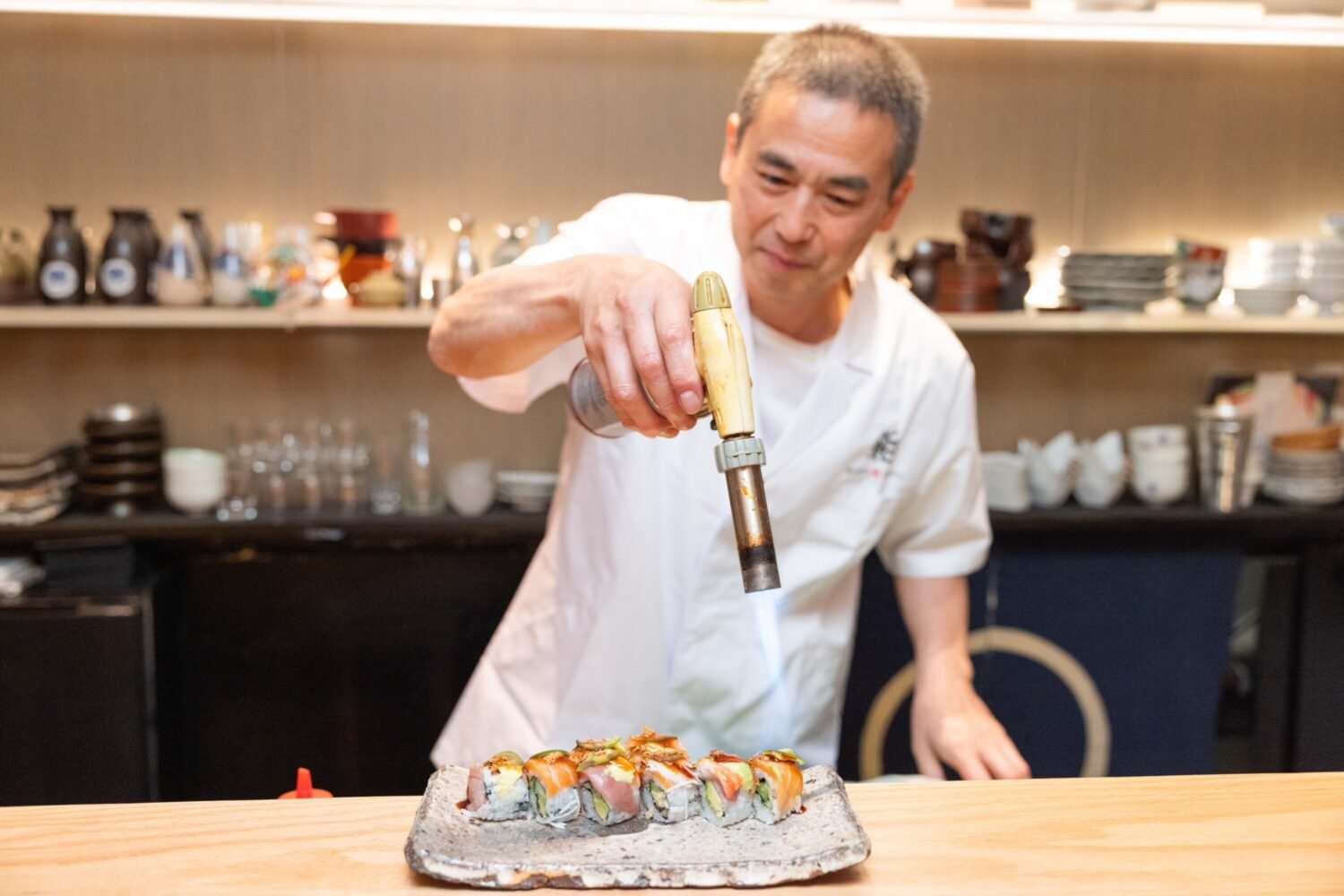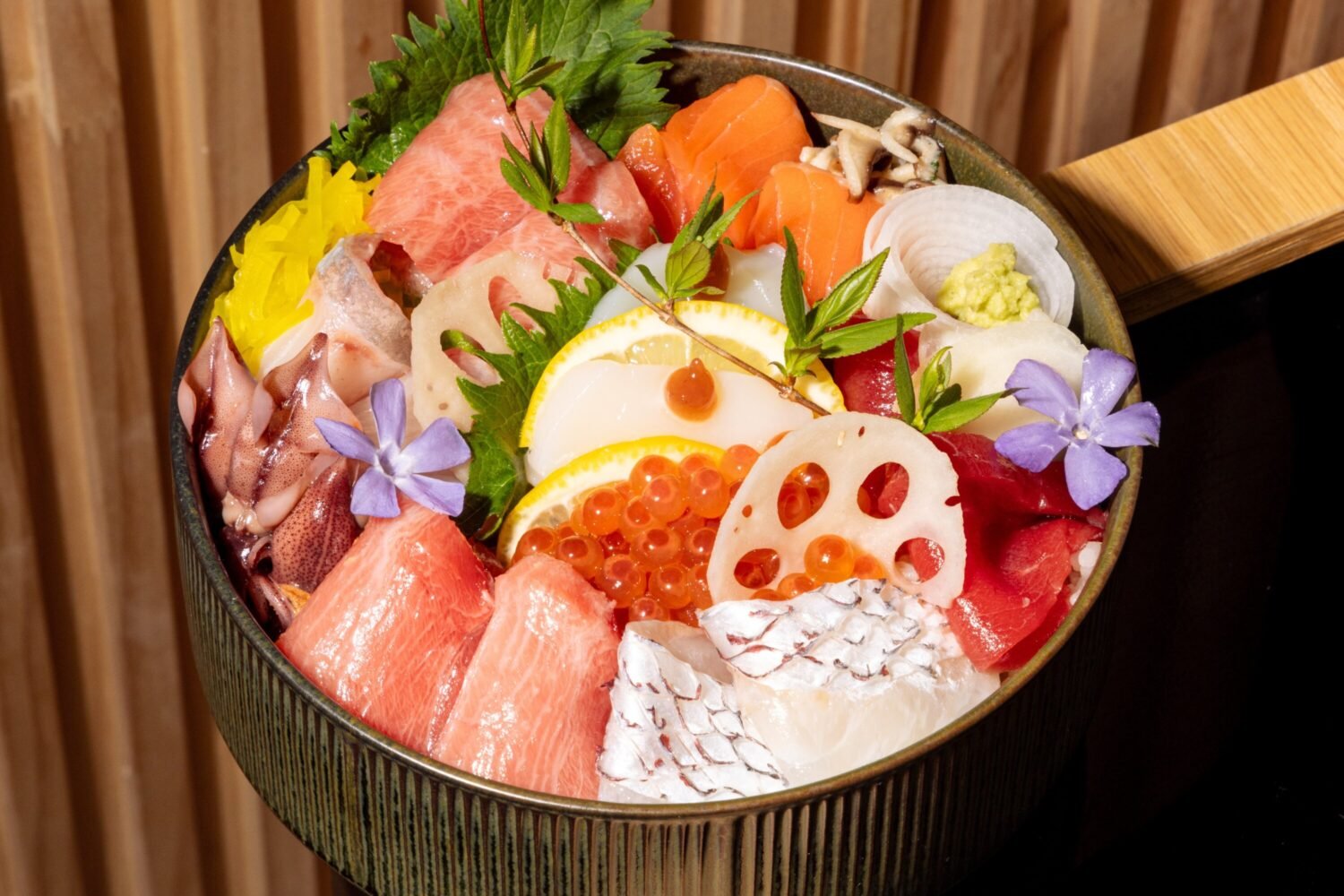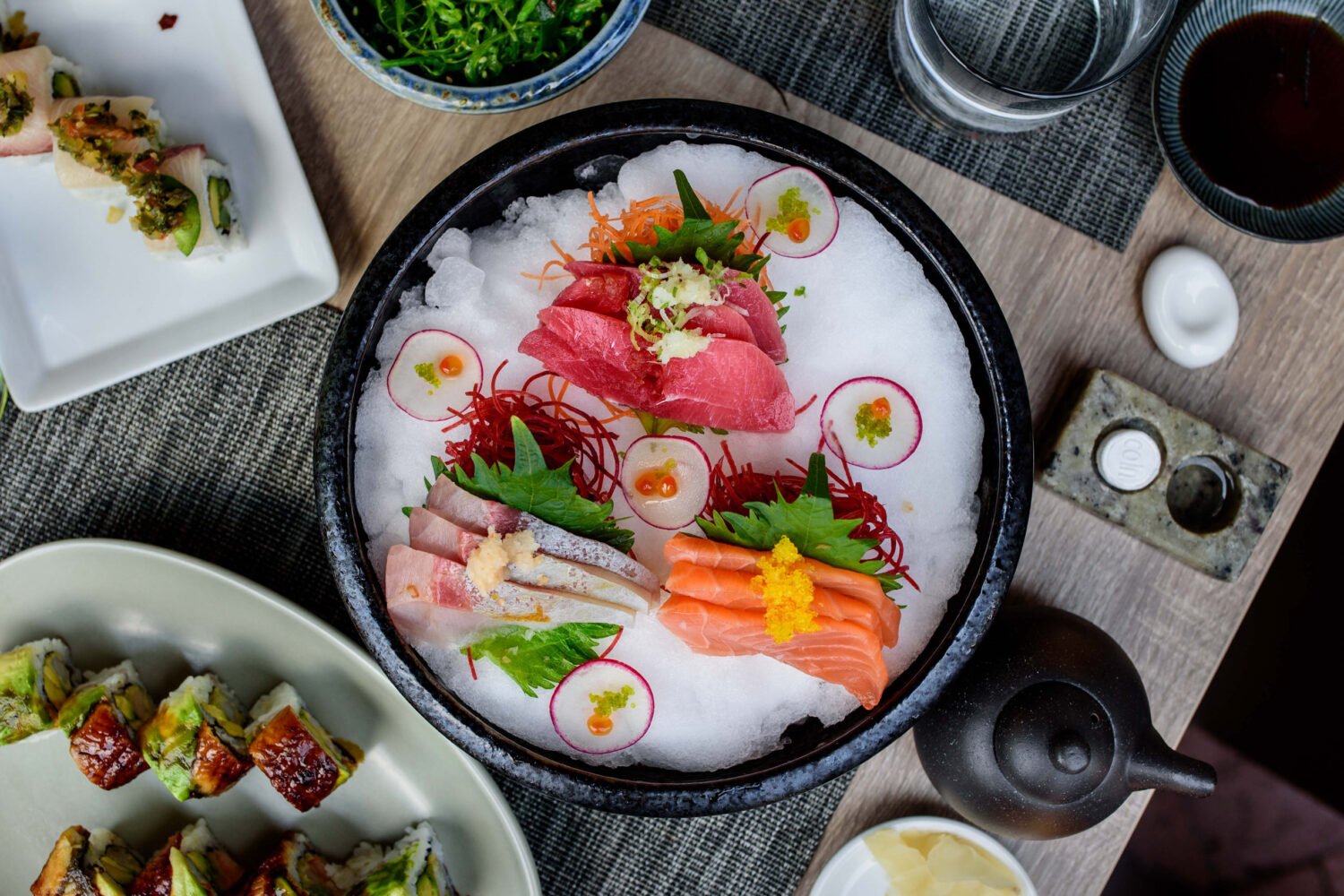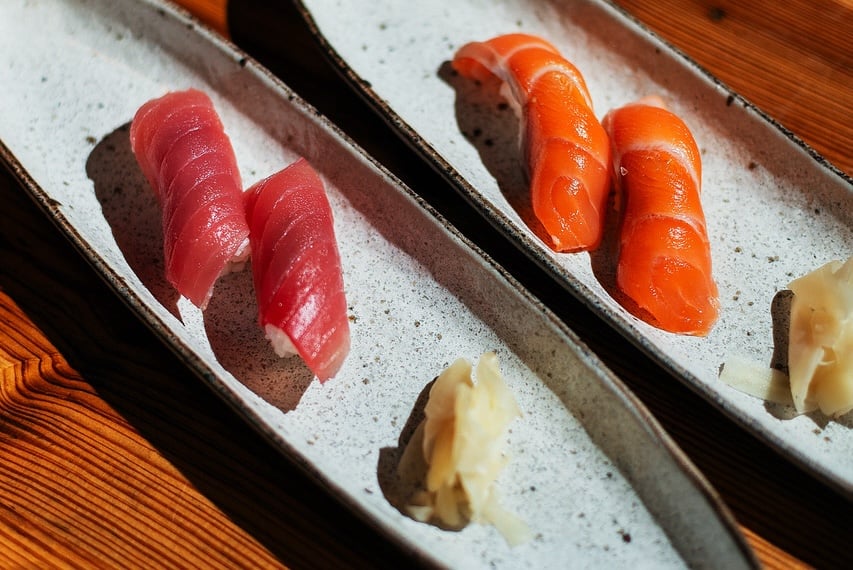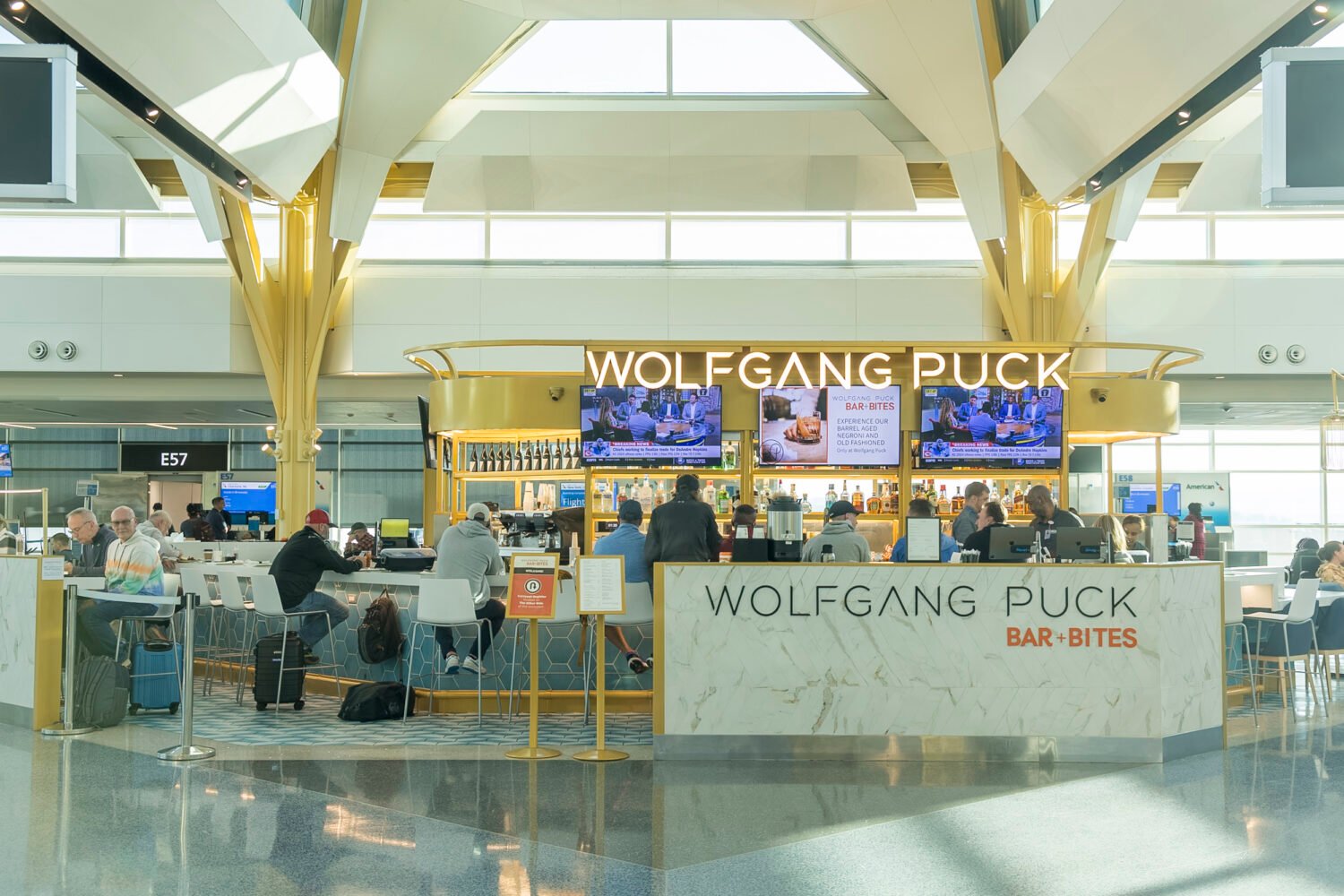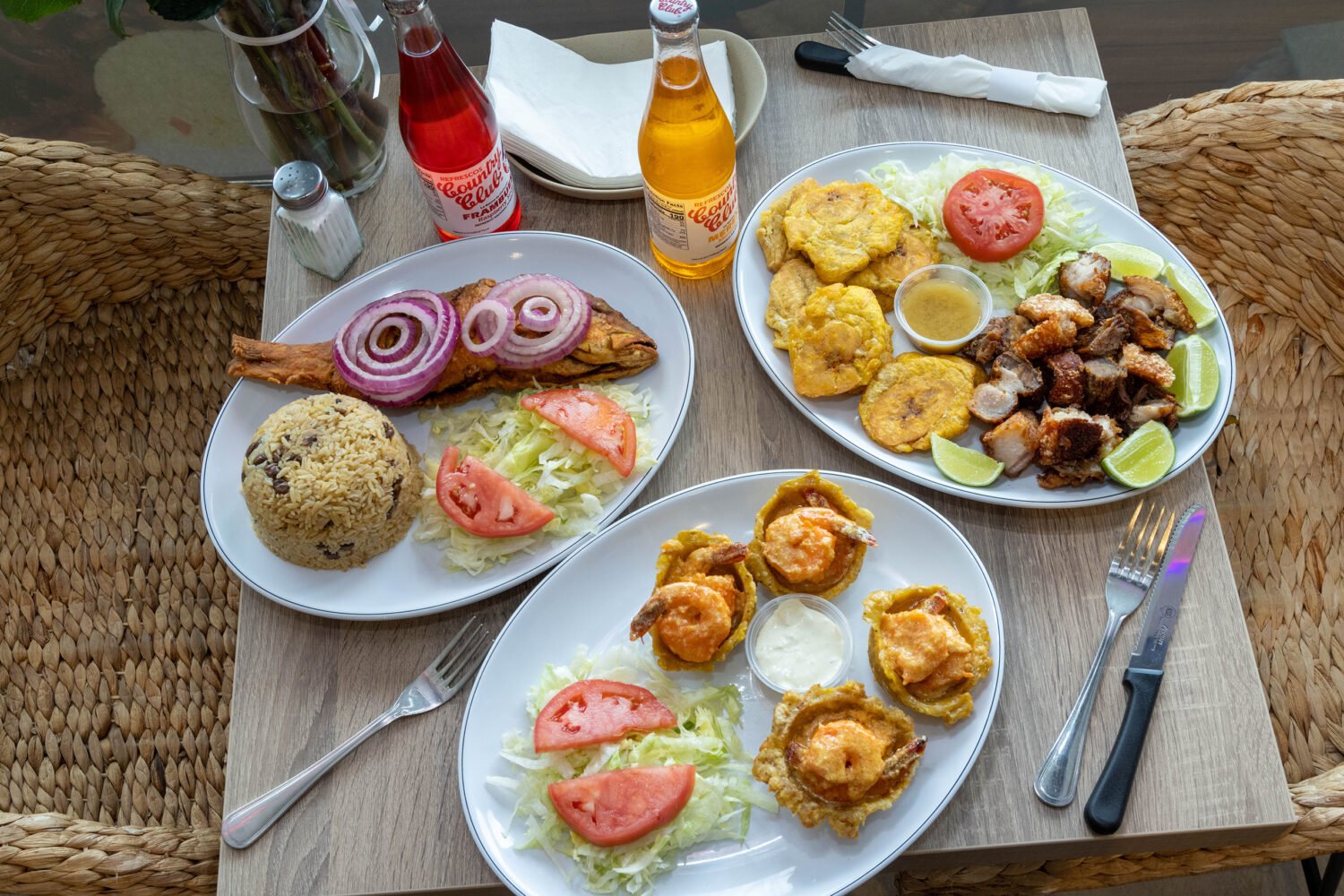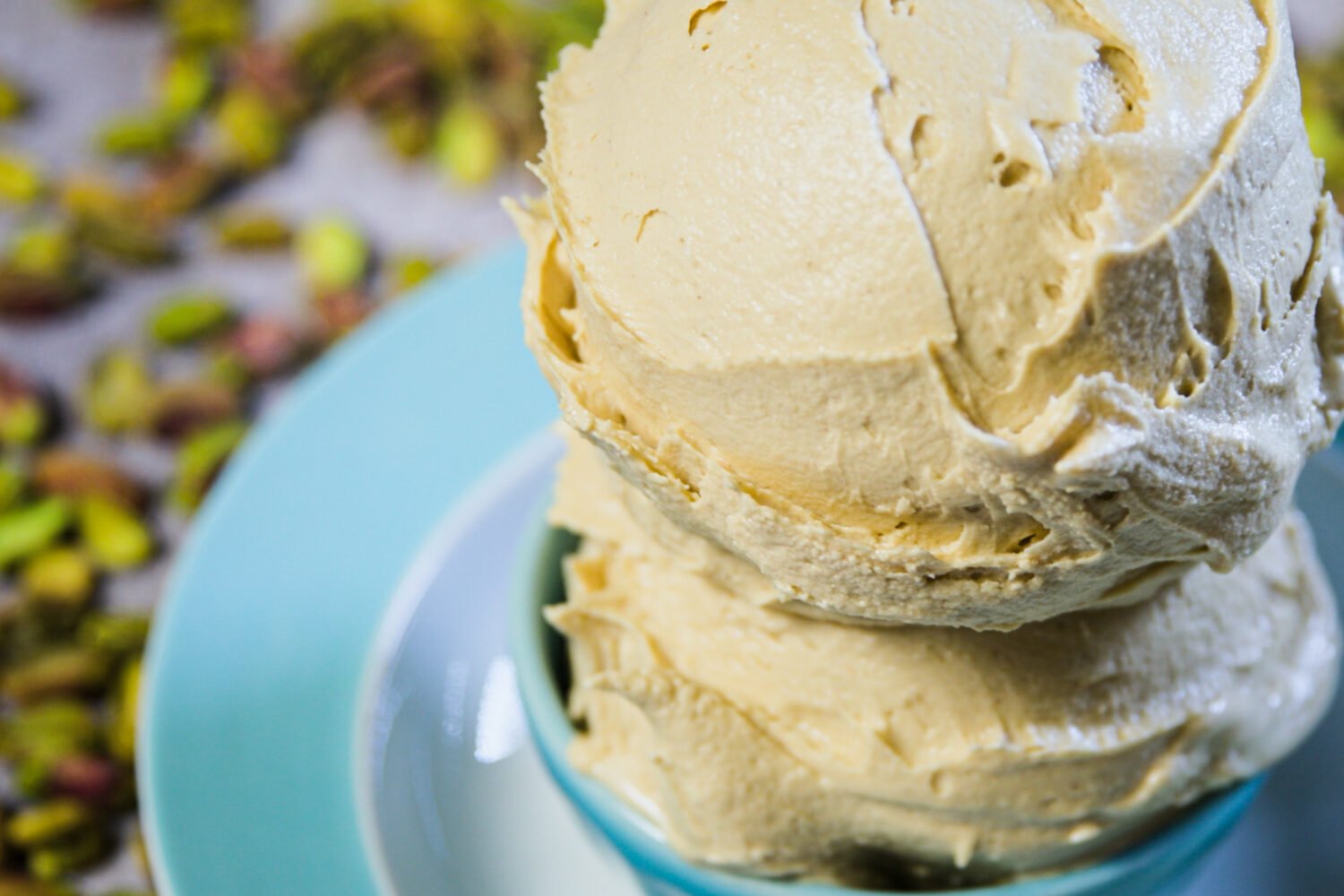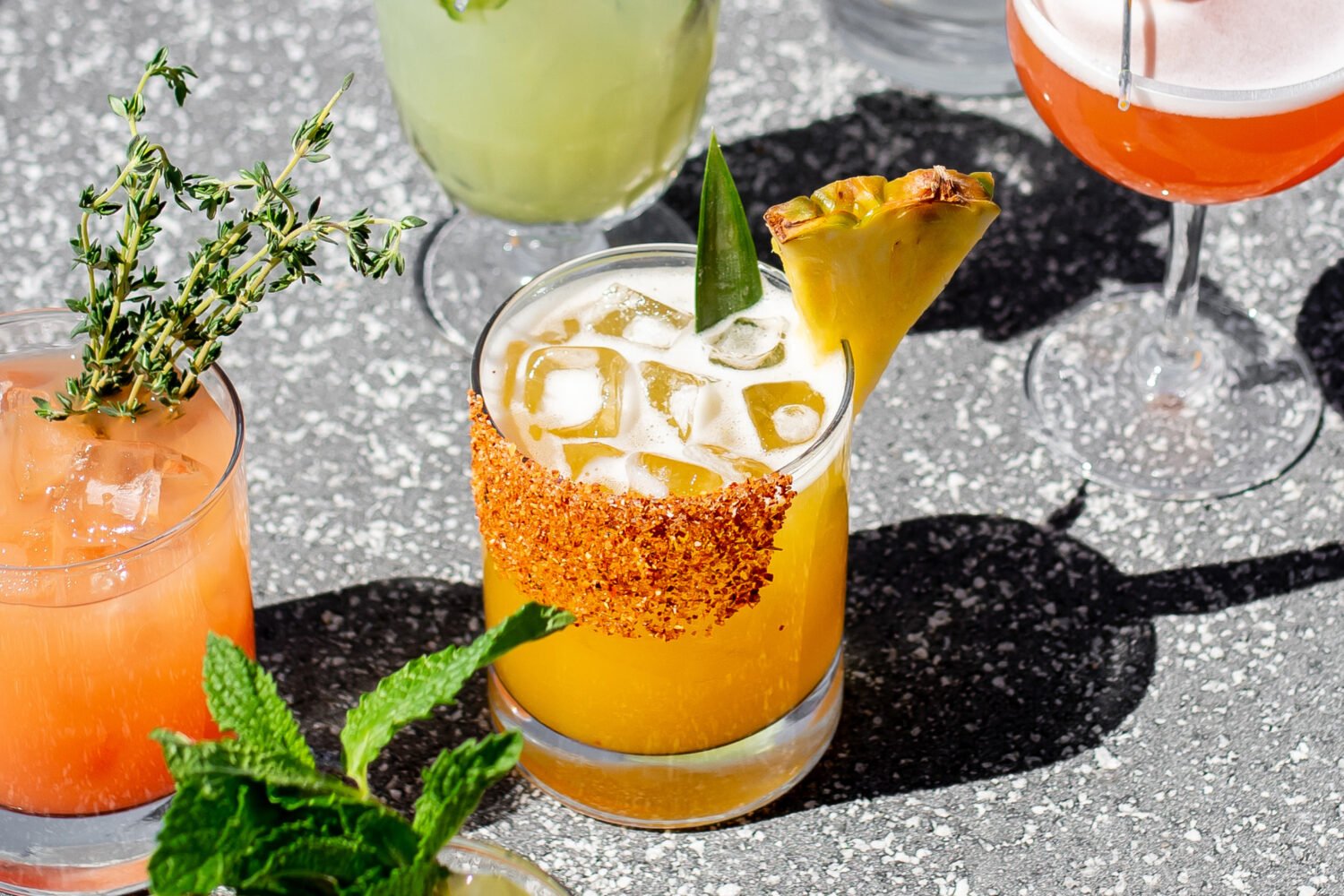Kōbō—the rave-reviewed eight-seat omakase counter inside Sushiko in Chevy Chase—was forced to go on hiatus this fall. It wasn’t due to a lack of customers, though. There just weren’t enough sushi chefs.
While Washington’s dining scene has exploded in recent years, the pool of experienced restaurant workers has not. Most restaurateurs will tell you staffing is one of their biggest headaches right now, and the problem is especially acute with sushi, which requires highly specialized skills. A boom in upscale Japanese spots—Sushi Nakazawa, Nobu, Nama, O-Ku—has created even more of a shortage of locals who can deftly wield a yanagiba knife.
“We get them, we train them, they get to a point that becomes an asset to us—and people poach them,” says Sushiko owner Daisuke Utagawa, who’s currently down three sushi chefs but hopes to reopen Kōbō when he can get the kitchen fully staffed. “It’s not something you can learn in a month.”
Culinary recruiter Chris Floyd of Capital Restaurant Resources says younger chefs often don’t want to pigeonhole themselves by training in such a niche field. Meanwhile, top-caliber talent often heads to New York, where there are more high-end sushi spots and bigger salaries. Many experienced chefs who stay in Washington are working for their own family businesses.
Sushi Taro chef Nobu Yamazaki, for example, took over ownership of the Dupont restaurant from his father, and most of his staff have been with him for years. “A lot of good ones stay in one spot forever,” he says.
Recruiting from Japan isn’t easy, either. Yamazaki says he sponsored a green card and work visa for one Japanese chef, but he’s still waiting for approval—two years later. Another chef took five years to bring over.
An additional potential factor: the profession’s lack of diversity. Although owners say they’d happily hire talented sushi chefs from any background, there’s still an unspoken stigma against women and non-Japanese chefs, says Can Yurdagul, a partner in Sushi Capitol and Sushi Ogawa: “Employers will sometimes have the hesitation of hiring someone who may be qualified but not have the ‘right’ birthplace. I feel like that prevents a lot of people from entering the field.”
But even casting a wide net, Yurdagul had trouble finding a sushi chef for Mirai, an omakase counter in Shaw. He opened the restaurant just one day a week in 2017 with the help of a chef from Sushi Capitol, but he struggled to find someone permanent. The process led Yurdagul, who isn’t a chef, to seriously consider going to Japan to train at the Tokyo Sushi Academy himself. But for now? He has sublet the space to a Mediterranean market.
This article appears in the January 2019 issue of Washingtonian.

